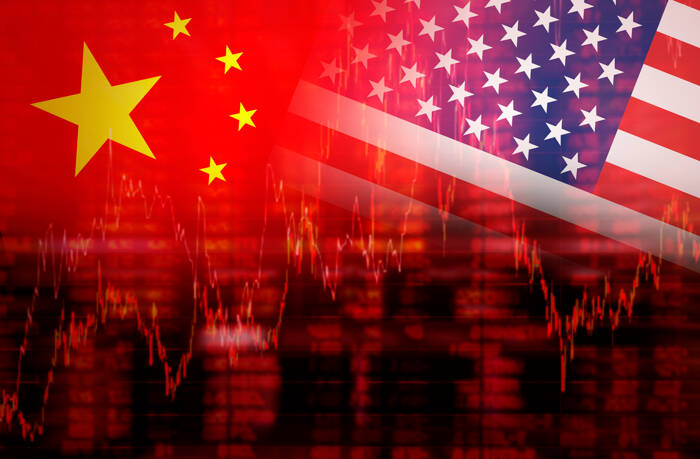Calls for Policy Support
According to CN Wire, Goldman Sachs economists underscored the need for policy support, stating:
“Beijing needs more targeted easing in the coming quarters, given sluggish domestic demand and continued weakness in the labor and property markets.”
The economists added:
“The economic weakness is the result of a combination of factors, including heavy rainfalls and flooding in the first half of August, local restrictions on construction in Beijing and nearby cities before the military parade, the prolonged downturn in the property sector, and the government’s crackdown on price wars.”
Trade Talks in Focus
The weakening Chinese economy comes at a pivotal time as the US administration calls on other countries to raise tariffs to pressure China to cease importing Russian oil. Mexico has also turned the screw, announcing plans for 50% tariffs on automakers.
With high-level trade negotiations underway, lower US tariffs could be crucial to reboot industrial production and ease margin pressures. However, risks remain, as stalled talks, 100% EU tariffs on Chinese goods, and 50% Mexican levies on autos could further strain external demand.
Progress but Uncertainty
Updates from trade talks were upbeat, with US Treasury Secretary Scott Bessent reportedly stating:
“Next US-China talks could result in another 90-day roll-over of tariff truce, will likely happen before Nov 10 deadline. Chinese negotiators are tough but realize they have 3.5 years to de-risk US trade relationship to avoid a decoupling.”
Meanwhile, China’s chief trade negotiator Li Chenggang, reportedly stated that they reached a framework agreement on TikTok. However, he warned that China would not sacrifice interest in firms to reach an agreement. President Trump is scheduled to speak with China’s President Xi Jinping on Friday, September 19.
Would Beijing agree to cut Russian oil imports in exchange for reduced tariffs? The question loomed large after the early September Shanghai Cooperation Organization (SCO) Summit, attended by Chinese President Xi Jinping, Russian President Vladimir Putin, and Indian Prime Minister Narendra Modi.
Beijing used the platform to dilute US authority over global trade and push for stronger demand for Chinese goods. While a Beijing U-turn on foreign policy seems unlikely, it’s not completely implausible.
Beijing’s Policy Direction
On Wednesday, September 17, lawmakers will hold a briefing to discuss ways to boost service consumption. This follows ongoing trade talks, where addressing price competition and progressing the transition toward a consumption-driven economy could be crucial.
CN Wire reported President Xi Jinping’s key article on advancing the national unified market, published in Qiushi magazine, including:
- Rectifying disorderly low-price competition among enterprises.
- Promoting orderly exit of outdated capacities.
- Improving fiscal systems, statistical frameworks, and credit mechanisms to promote market unity.
- Reining in ‘chaos’ in local practices of attracting investments.
- Focusing on effectively addressing severe involution.
- Smoothing out turning exports into domestic sales.
President Jinping’s agenda suggested increasing pressure on policymakers to address overcapacity while boosting domestic demand.
Mainland Stock Markets Hold Firm
Despite deepening cracks in the economy, Mainland equity markets continued to hold their ground.
The CSI 300 and the Shanghai Composite Index have gained 15.2% and 15.18% YTD, mirroring the Nasdaq Composite Index (15.73%). Meanwhile, the Hang Seng Index leads the way, soaring 31.84% YTD, as Mainland and overseas investor target China focused stocks.
Despite the strong gains, downside risks linger. Trade developments, China’s housing market, and weak demand remain key concerns for traders.
An extended tariff truce and further cooling in demand exposes China’s households to more job losses. Rising unemployment may dampen private consumption, weighing on risk assets.
On the other hand, policy measures targeting the housing sector and a US-China trade agreement could boost sentiment. A trade deal, including lower tariffs, may rekindle external demand and ease margin pressures. Improving margins could spur job creation and boost domestic consumption.



